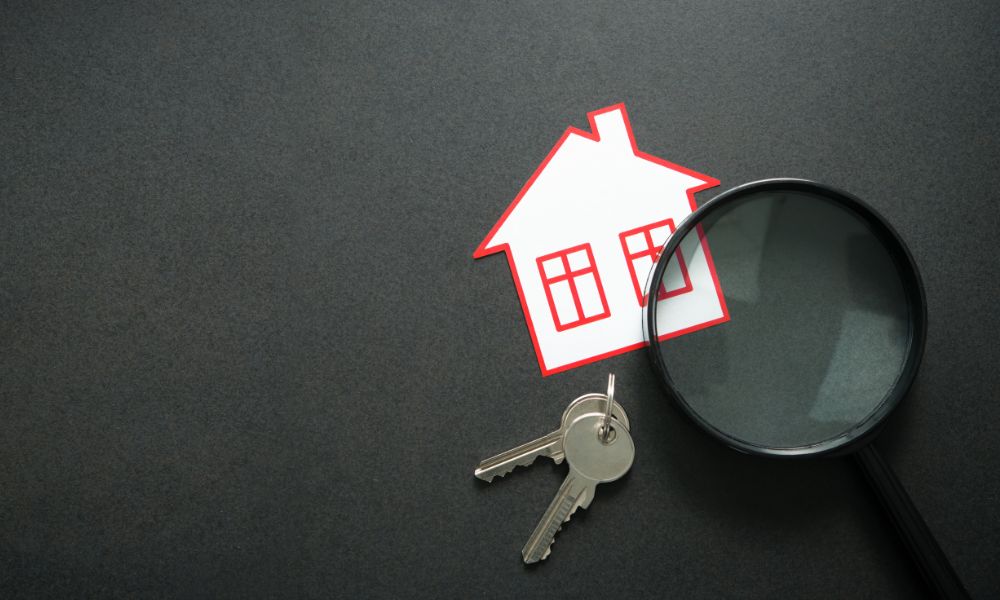When considering a property management company for a rental property, understanding the costs involved is essential. Many property owners wonder, “How much does a property manager cost?” The answer varies depending on several factors, from the type of property to the range of services offered.
Property management fees are an important aspect to evaluate, as they directly impact the profitability of rental properties. Knowing what these fees cover and how they are calculated can help owners make informed decisions that align with their investment goals.
Property management fees vary due to factors such as the property’s size, location, and the level of service required. Whether it’s routine maintenance, tenant placement, or rent collection, these costs are often influenced by the needs of the rental property and market conditions. By understanding these key factors, property owners can better assess whether a management company’s fees are reasonable and provide value for the services offered.
Types of Property Management Fees
When hiring a property management company, it’s important to understand the different types of fees you might encounter. These fees can vary depending on the services provided, and knowing how they are structured can help you make informed decisions.
Flat Fee vs. Percentage-Based Fee Structure
A property management company usually has two fee structures: flat fees and percentage-based fees. Flat fees are a fixed monthly rate, allowing for predictable budgeting. Percentage-based fees are usually 8% to 12% of the monthly rent, linking the manager’s pay to the property’s performance; their income rises when rental rates increase.
Leasing Fee
The leasing fee is a one-time charge for finding a new tenant. It covers services like marketing the rental property, screening potential tenants, and preparing the lease agreement. This fee is often calculated as a percentage of the first month’s rent or as a flat fee, with percentages typically ranging from 50% to 100% of one month’s rent. It compensates the manager for the time and resources involved in tenant acquisition.
Maintenance and Repair Fees
Property managers handle routine maintenance and emergency repairs, each with different cost implications. Routine maintenance fees cover regular upkeep, such as landscaping or minor repairs, while emergency repair costs are usually higher due to the urgency and may include a markup on parts or services. Property owners should review the management contract to understand how these fees are structured and what is included.
Vacancy Fee
Some property managers charge a vacancy fee when a property is unoccupied. This fee compensates the manager for maintaining the property during the vacancy period, which may involve security checks, minor maintenance, or showing the property to prospective tenants. Not all property managers charge for vacancies, but those who do typically include this as a flat monthly charge.
Tenant Placement Fee
Tenant placement fees cover the process of finding and securing a new tenant. This includes marketing the property, screening applicants, and preparing the lease agreement. The average cost for tenant placement typically ranges from 50% to one full month’s rent. This fee ensures the manager is compensated for the time and effort to fill the vacancy.
Lease Renewal Fee
A lease renewal fee is charged when a property manager handles an existing tenant’s lease renewal. This fee compensates for the work involved in negotiating new terms and preparing the updated lease. The cost of renewing a lease is generally lower than the leasing fee, typically a flat rate or a small percentage of the monthly rent. Some managers charge for renewals to cover the administrative work, while others do not.
Start Your Journey to Hassle-Free Property Management
Breakdown of Standard Property Management Costs
When hiring a property manager, be aware of the standard costs in the property management contract. These fees cover various services and can affect your overall rental property expenses.
Monthly Management Fee
The monthly management fee is a standard charge for services like tenant communication, rent collection, and property maintenance. Property management companies typically charge a percentage of the monthly rent, as mentioned between 8% and 12%, or a flat fee. This fee covers essential services, including addressing tenant issues and maintaining the property’s condition.
Initial Setup Fee
The initial setup fee is a one-time charge for onboarding a new property owner. This fee covers administrative tasks like setting up your account, inspecting the property, and transferring utilities or contracts. The typical setup costs can range from $200 to $500, depending on the complexity of the property. It ensures the property management company is ready to manage your rental smoothly from day one.
Advertising and Marketing Fees
Advertising and marketing fees cover the cost of promoting your property when it’s vacant. Property management companies may charge a flat fee, a percentage of the first month’s rent, or require reimbursement for the exact marketing expenses. These costs can include listing your property on rental platforms, professional photos, and digital ads to attract potential tenants.
Additional Services That May Influence Fees
When hiring a property manager, additional services beyond the basic management can influence the overall costs.
Eviction Process Management
When legal action is required, property management companies charge extra for eviction services, which cover court fees and legal representation. The cost varies, but it can range from $500 to $1,000 or more, depending on the complexity of the case.
Accounting and Financial Reporting Services
Many property managers offer professional financial reporting, helping track rental income, expenses, and profit. Some may also offer optional bookkeeping and tax services for an additional fee, typically ranging from $100 to $300 per month.
Property Inspections
Routine property inspections are charged to ensure your rental is well-maintained. These inspections may be included in the monthly fee or charged separately, often between $75 and $150 per visit. Move-in and move-out inspections may cost slightly more, ensuring a thorough review at tenant transitions.
Regional Variations in Property Management Fees
Property management fees vary widely by location. Urban areas usually have higher fees because of greater demand and more complex management tasks, whereas rural and suburban areas generally have lower costs. Market conditions, like the supply and demand for rental property managers, also influence pricing.
Residential vs. Commercial Fees
Residential properties usually have lower management fees compared to commercial properties, which often require more intensive oversight and specialized services. Commercial property management fees may also include charges for managing leases, maintenance, and regulatory compliance, adding to the overall cost.
Impact of Local Regulations
Local laws and licensing can significantly affect how much property management companies charge. In areas with strict rental regulations, managers may charge more to cover the additional work needed to remain compliant, including handling any potential legal issues. These factors could also influence clauses like early termination fees in the agreement.
Property Size and Its Effect on Management Costs
- Single-Family Homes: Managing single-family homes typically costs 8% to 12% of the monthly rent or a flat fee. These properties are generally less complex to manage.
- Multi-Family Units: Fees for multi-unit buildings often come with a lower percentage per unit, due to the scale, but may also include added services like common area maintenance.
- Luxury vs. Standard Properties: High-end properties often have higher fees due to specialized services like premium maintenance, enhanced security, and concierge services, which increase overall management costs.
How to Choose a Property Management Company Based on Fees
Choosing the right property management company involves more than just comparing prices. It’s about finding a balance between what you’re paying and the quality of service you’re receiving.
Balancing Cost and Quality of Service
When evaluating a property management company, focus on the specific services they provide for the property management fee. Are they handling all aspects of tenant relations, maintenance, and rent collection? Cheaper services might cut corners on essential tasks, so ensure the level of service justifies the cost.
Comparing Quotes from Different Management Firms
Request detailed quotes from several property management companies, breaking down services like leasing, maintenance, and inspections. Compare not only the overall cost but also what’s included, such as emergency services or routine property checks. Be cautious of extremely low bids, as they might exclude important services.
Negotiating Property Management Fees
Negotiation is possible, especially if you’re offering multiple properties or signing a long-term contract. Ask for discounts on certain services or bundled options, but make sure the final agreement still covers critical needs like property upkeep and tenant placement.
Value-Added Services: Are They Worth the Extra Cost?
Value-added services can increase fees but offer benefits for property owners. Rent collection and online portals may have processing costs but streamline payments and tenant management. 24/7 emergency services also come at a higher fee but ensure issues are handled immediately.
Legal and compliance support helps avoid legal problems, while preventative maintenance plans, though adding to costs, can prevent expensive repairs down the line. Whether these services are worth the extra cost depends on the specific needs of your property and how much convenience you want.
Find Out How We Simplify Property Management for You
Pros and Cons of Different Fee Structures
Choosing the right fee structure for property management services can greatly affect your rental income.
Flat Fee: Pros and Cons
Flat fees offer predictable monthly costs, making budgeting simple and providing clear expectations in your property management agreement. However, this structure might not motivate the property manager to maximize your rental income, as their pay doesn’t change with rent increases. You could end up paying the same fee even if your property requires less work, leading to potential gaps in service.
Percentage-Based Fee: Pros and Cons
In contrast, percentage-based fees align the property manager’s earnings with your rental income, encouraging them to keep your property rented at the best possible rate. This alignment ensures that their goals match yours, aiming to maximize your income. On the other hand, monthly fees can vary, making budgeting harder. If your property is vacant or rental rates decrease, you might find yourself paying more than expected.
Hybrid Fee Structures
Some property management companies offer a mix of flat and percentage-based fees. This blended model aims to balance predictable costs with incentives for the manager to enhance your property’s performance. Always review the property management agreement to understand how these combined fees work.
How to Save on Property Management Costs
Saving on property management costs can help maximize your rental income. Here are some effective strategies to consider.
Bundling Services
Bundling services with your property management company can lower costs. Many firms offer discounts for signing up for multiple services, such as maintenance and tenant screening, which can save you money in the long run.
Self-Management vs. Hiring a Professional Manager
Self-management is another option that can reduce expenses. If you have the time and skills, managing your property yourself may save you from paying management fees. However, be aware of the challenges that come with this approach, such as increased workload and stress.
DIY Repairs and Maintenance
Doing DIY repairs can cut down on maintenance costs. Simple tasks like painting or minor fixes are easy to handle and can save you money. However, it’s important to seek professional help for more complex repairs to avoid bigger issues later. If you’re unsure about your ability to complete a task, hiring a professional is often the safest choice.
Striking the Right Balance in Property Management Fees
Finding the right balance between cost and service is vital for successful property management. While saving money is important, choosing the cheapest option can lead to poor service and more issues down the line. It’s essential to know what services you need and how much you’re willing to invest to keep your rental property running smoothly.
Investing in a reliable property management company may have a higher upfront cost, but it can save you time, stress, and money in the long run. Assessing your options and recognizing the value of quality service can help you make a decision that benefits both your finances and your property.
Start Your Journey with Intersection Real Estate–Inquire Now






